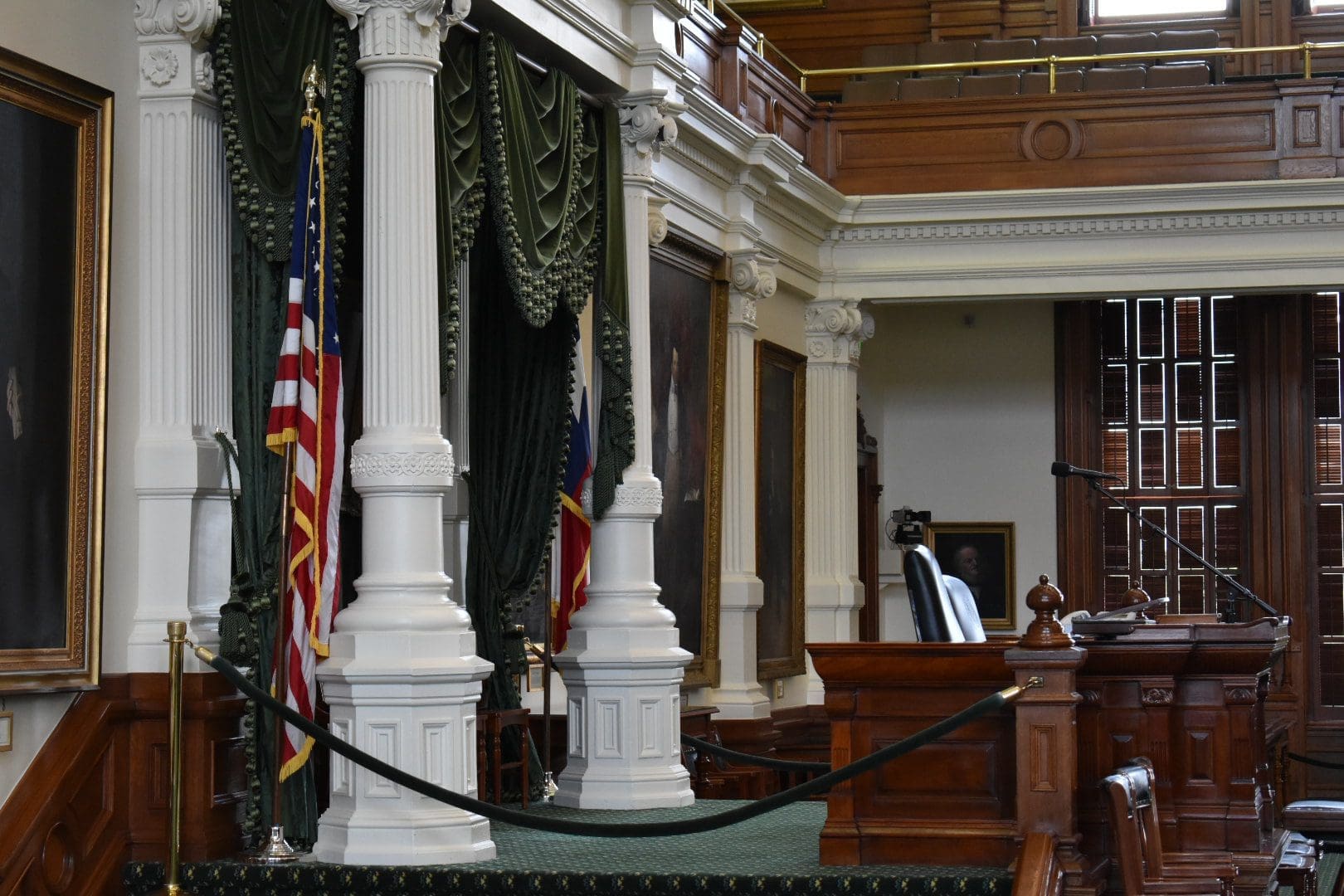With fewer than 100 days left in the ongoing 140-day legislative session and fewer than 15 days until the bill-filing deadline, why have only two bills been referred to committees, and how does this compare to previous sessions?
The 87th Legislative Session began on January 12 and is scheduled to end on May 31. Though a constitutional provision and their own rules (House: Rule 8, Sec. 8; Senate: Rule 7.07(b) & 10.01) bar the Legislature from considering bills in the first 60 days (other than items deemed emergency priorities by the governor), both chambers can refer bills to committees. This referral step allows for the legislative process to get underway and allows individual legislative offices to start submitting bill analyses and additional information to committee clerks as they begin to request hearings on their bills.
As it stands right now, zero bills have been referred to any committee in the House of Representatives, even though more than 2,000 bills have been filed. Let’s compare that to the last few legislative sessions in the same time period.
In 2019, during the 86th Legislative Session, 786 bills had already been referred by this time, amounting to 36 percent of the 2,202 bills filed. In 2013, during the 83rd Legislative Session, 1,132 bills had already been referred to committees, amounting to 68 percent of the 1,658 bills filed.

Source: Texas Legislature Online – Bill Reports
The Senate is not doing much better. Two bills have been referred to committees, and one of them was referred merely as a parliamentary practice known as the “blocker bill,” allowing for the Legislature to consider other bills later in the session on their Intent Calendar.
In reality, only one of the two bills is consequential, and that is Senate Bill 1: the budget.
In 2019, during the 86th session, 586 Senate bills had been referred, amounting to 62 percent of the 941 filed. In 2013, the 83rd session, 558 Senate bills had been referred, amounting to 84 percent of the total 668 filed.
All of this is to say that the Legislature is significantly behind when compared to previous legislative sessions. So far, legislators have used the backdrop of a pandemic and the wake of the recent severe winter weather to justify slower movement. The reality, however, is the Legislature has had the ability to make referrals since the second week of February, per its own rules.
Even though the Legislature cannot consider most bills in their respective chambers as of yet, there is a severe disparity in the actual time legislators have spent on the floor this session. The Senate has met for just five days (~ six hours) total of the over 40 days since the beginning of the session, whereas the House has met just 11 times (~ eight hours). When compared to the last session, the House had already convened 20 times (for ~34 hours) and the Senate 21 times (~19 hours).
Both chambers have already adjourned this week and will not reconvene until next Tuesday, March 2. This will mark just 10 days until the bill filing deadline of March 12. The governor gave his State of the State address on February 1, and his emergency priorities have yet to be referred to committees.
Once we arrive at the end of the legislative session, will lawmakers claim they ran out of time?





